After nearly two years of fighting, sitting down at the negotiating table remains extremely distant for both Ukraine and Russia, despite the urgency of peace talks being emphasized since the start of the conflict.
This urgency has been reflected even more strongly since the statement by General Valerii Zaluzhnyi, Commander-in-Chief of the Ukrainian Armed Forces, regarding the possibility that a stalemate on the front lines could prolong the war for years.
Despite this, Ukrainian President Volodymyr Zelensky has repeatedly stated that no negotiations will take place until Russia completely withdraws from Ukrainian territory, including Crimea. Meanwhile, Russia claims that Ukraine lacks "will for peace."
A vicious cycle of conflict.
Russian Foreign Minister Sergey Lavrov, speaking in an interview with the Russian state news agency TASS on December 28, accused Kyiv of only talking about war and using aggressive language, and said the Ukrainian president lacked "the will for peace."
“Any ceasefire is impossible (for the Ukrainian authorities). The ban on negotiations with the Russian leadership, imposed by Zelensky on September 30, 2022, remains in effect. You should draw your own conclusions,” said President Vladimir Putin’s top diplomat .
Lavrov acknowledged that recent events in the Middle East had somewhat shifted public attention away from Ukraine. However, he said that “causing strategic defeat for Russia” remains one of the West’s top priorities.
"The so-called Ramstein format continues to operate, in which representatives of more than 50 countries discuss Kyiv's requirements for military equipment and ammunition monthly," Lavrov said, referring to meetings at a US air base in Germany.
“Neither Washington nor Brussels has refused to provide support to the Kyiv regime, recognizing that without it, the regime would inevitably fail. They (the West) remain extremely interested in containing Russia with the hands and bodies of the Ukrainian people.”
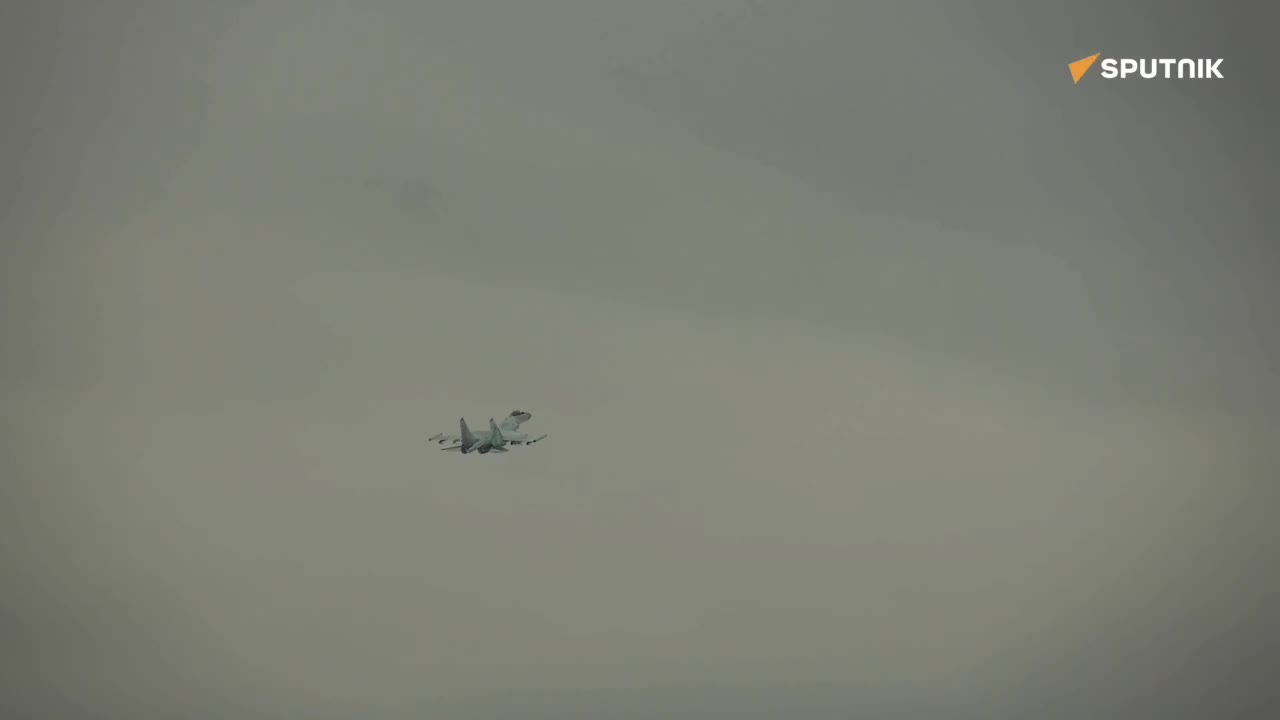
Russian Su-35 fighter jets provide cover for bombers, protecting them from enemy targets. Video posted on Sputnik's Telegram channel, December 29, 2023.
The West has provided unprecedented levels of humanitarian, economic, and military support to Ukraine to fight against Russia since Moscow launched its "special military operation" in February 2022. But this support is believed to be waning amid internal political disputes and financial challenges on both sides of the Atlantic.
However, in early December, the White House expressed its intention to continue coordinating with European governments to compel Moscow to participate in peace negotiations on terms that Kyiv might agree to by the end of 2024.
Jonathan Finer, Deputy National Security Advisor to US President Joe Biden, stated that if Russia refuses negotiations based on Ukraine's terms, the US and Europe will increase their support for Kyiv.
The proposed strategy aims to force Russia to choose between negotiations or facing a stronger Ukraine. The latter would mean Kyiv would be supported by an increased industrial base in the US, Europe, and Ukraine itself, potentially triggering a new wave of fighting.
Come to Davos to seek peace.
On December 28, Ukrainian President Volodymyr Zelensky had a telephone conversation with Pope Francis and discussed the Ukraine Peace Formula.
President Zelensky first announced his 10-point peace formula in November 2022. The peace plan calls for Russia to withdraw its troops, restore Ukraine's territorial integrity, release all prisoners of war, and repatriate those who have been deported. The formula also calls for ensuring energy security, food security, and nuclear safety, according to the Kyiv Independent.
“I just spoke with Pope Francis to express my gratitude for his Christmas greetings to Ukraine and the Ukrainian people, for his wishes for peace, a just peace for all of us,” Zelensky said, referring to the phone call in his nightly national video address.
In his Christmas message, Pope Francis encouraged prayers for peace and stability in countries, including Ukraine. “We discussed our joint work on the Peace Formula, which more than 80 countries have joined. I am grateful to the Vatican for its support of our work,” Zelensky said.
Zelensky met with Pope Francis during his visit to the Vatican in May 2023, and the two spoke for over half an hour.
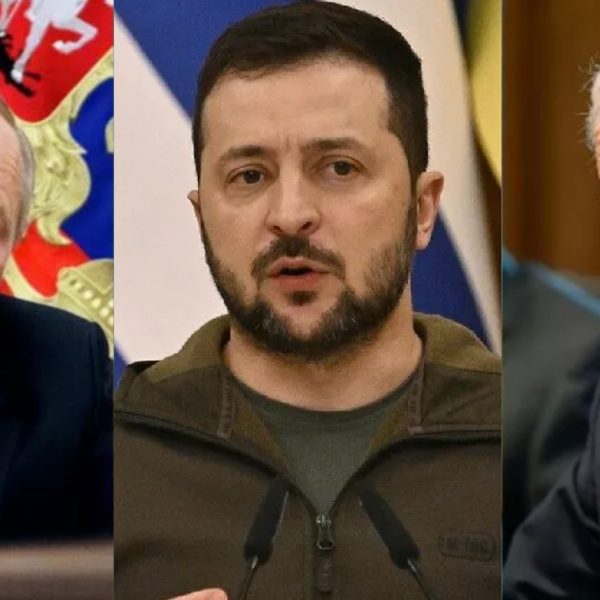
Ukrainian soldiers at a position near the frontline town of Maryinka, Donetsk region, December 2023. Photo: The Guardian
In early December, the Swiss Foreign Ministry confirmed that the Ukraine Peace Formula would be discussed in the next round of negotiations to be held in Davos on January 14, 2024, one day before the opening of the 54th Annual Meeting of the World Economic Forum (WEF).
The Davos round of negotiations will build upon discussions from the three previous rounds held in 2023, in Denmark (June), Saudi Arabia (August), and Malta (October). According to Kyiv, the most recent event in Malta was attended by representatives from 66 countries and international organizations.
The peace conference in Davos will be co-hosted by Switzerland and Ukraine and is hoped to continue implementing Zelensky's 10-point "Peace Formula." However, this means the Ukrainian president continues to refuse to engage in any negotiations with Russia, and instead continues to pursue a "win at all costs" maximalist approach – fighting until all lost territory is recaptured – despite the stalemate of the summer counteroffensive.
It remains to be seen how the Davos conference will bring Ukraine closer to peace, as no similar event before has yielded any clear results. In response to this information, Moscow stated that the conference on the Ukrainian Peace Formula is “unlikely to lead to peace” because they are only trying to “deliver Ukraine’s ultimatum” without any discussion with the other side, namely Russia .
Minh Duc (According to Anadolu, Kyiv Independent, BNN Breaking, European Conservative)
Source







![[Image] Central Party Office summarizes work in 2025](/_next/image?url=https%3A%2F%2Fvphoto.vietnam.vn%2Fthumb%2F1200x675%2Fvietnam%2Fresource%2FIMAGE%2F2025%2F12%2F18%2F1766065572073_vptw-hoi-nghi-tong-ket-89-1204-jpg.webp&w=3840&q=75)
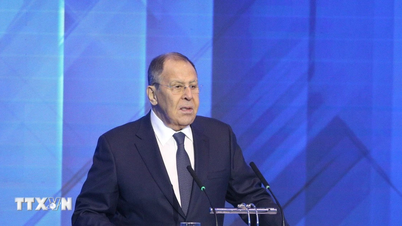

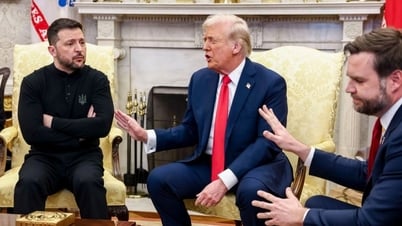






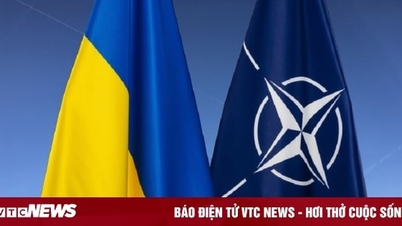





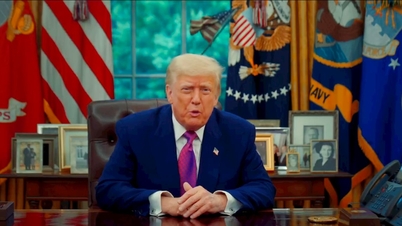






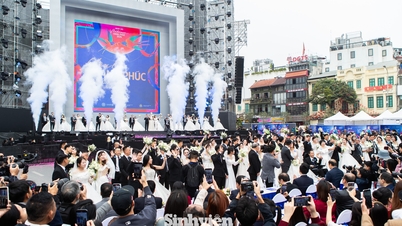
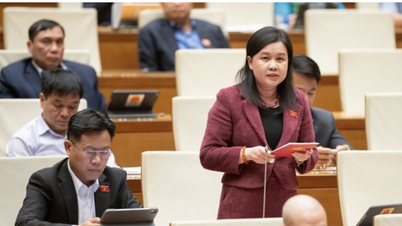
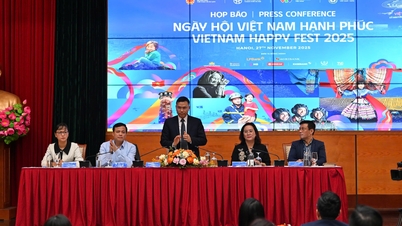























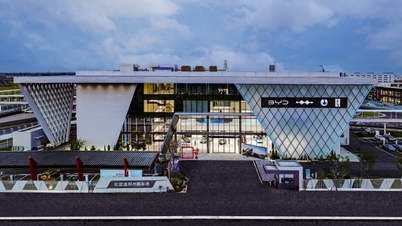














































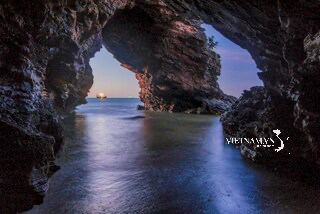

Comment (0)